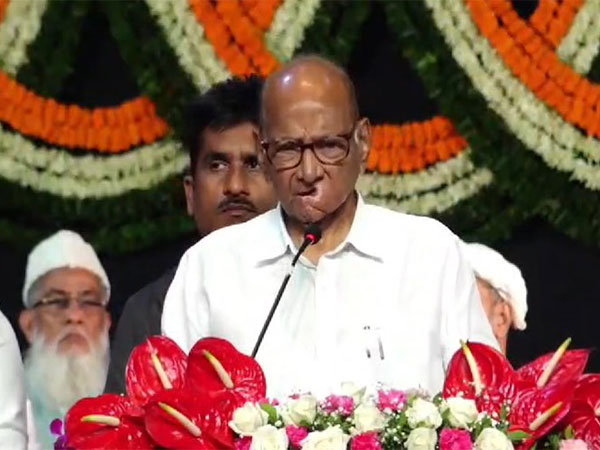
Pawar's critique comes amid escalating unrest in Manipur, where clashes between different ethnic groups have led to widespread violence and displacement. According to recent reports, the conflict has resulted in significant casualties and property damage, highlighting the severe humanitarian impact on local communities.
In his statements, Pawar accused the central government of failing to address the situation effectively and asserted that Prime Minister Narendra Modi has shown a lack of urgency in responding to the crisis. Pawar emphasized that the Prime Minister's reluctance to visit Manipur personally reflects a broader disregard for the severity of the situation.
The NCP leader's remarks align with growing concerns expressed by other political figures and civil society organizations regarding the government's response to the conflict. Critics argue that the central administration's approach has been insufficient in mitigating the violence and providing relief to affected populations.
The conflict in Manipur, which began earlier this year, has seen multiple rounds of violent clashes between the Meitei and Kuki communities. Efforts by local authorities to broker peace have met with limited success, and there are increasing calls for a more decisive intervention from the central government.
Pawar's statements have resonated with many who believe that a more proactive stance is required to resolve the crisis. His criticism of the Prime Minister's approach adds to the growing chorus of demands for a comprehensive strategy to address the underlying issues fueling the unrest in Manipur.
The central government, while acknowledging the gravity of the situation, has faced scrutiny over its handling of the crisis. Recent actions, including the deployment of additional security forces and the announcement of financial aid packages, have been viewed by some as insufficient given the scale of the violence and displacement.
As the situation in Manipur continues to evolve, the government's response remains a key point of contention. Pawar's critique reflects broader concerns about the effectiveness of current policies and the need for a more engaged and empathetic approach to resolving the crisis.
The conflict in Manipur has underscored the complex interplay of ethnic tensions, political dynamics, and regional issues, challenging both local and central authorities to find a sustainable solution. The situation remains fluid, with ongoing discussions and debates about the best course of action to restore peace and stability in the region.
Pawar's comments serve as a significant reminder of the political stakes involved and the broader implications for governance and crisis management. As pressure mounts on the central government to take more decisive action, the situation in Manipur will likely continue to be a focal point of national and regional political discourse.
